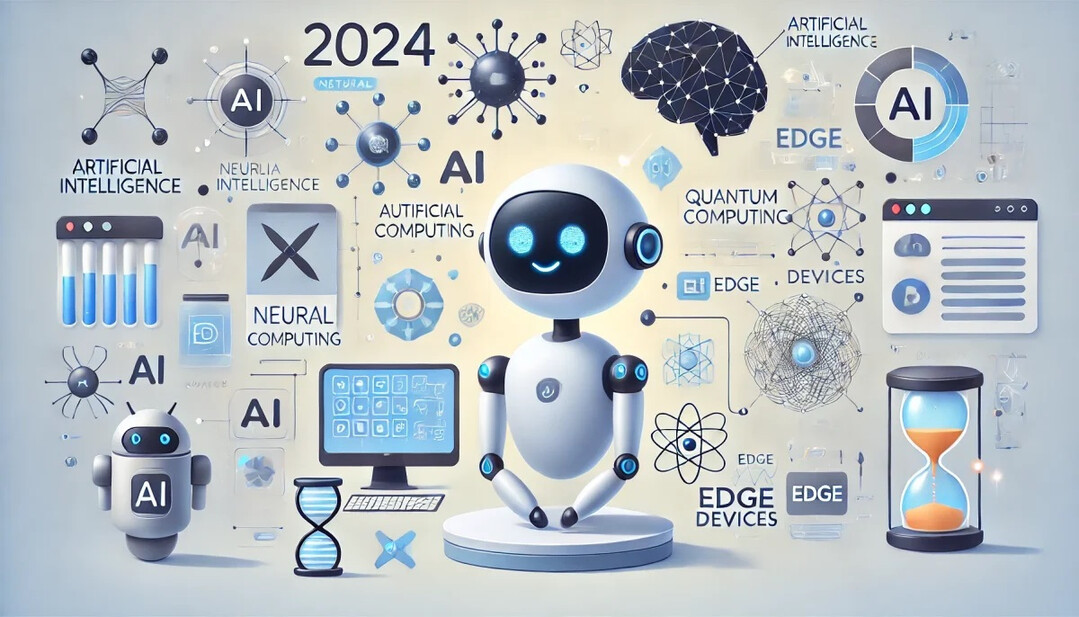
The rise of AI-powered tools capable of generating highly detailed, original online reviews with minimal effort has thrust businesses, service providers, and consumers into uncharted territory, according to watchdog groups and researchers.
While fake reviews have long plagued popular consumer websites like Amazon and Yelp, often traded in private social media groups between review brokers and paying businesses, AI text generation tools, popularized by OpenAI's ChatGPT, have enabled fraudsters to produce reviews at a much faster and larger scale. This deceptive practice, illegal in the United States, is a year-round issue but becomes particularly problematic during peak shopping seasons like the holidays when consumers rely heavily on reviews to inform their purchasing decisions.
Where are AI-generated reviews popping up? Fake reviews can be found across a wide range of industries, from e-commerce, lodging, and restaurants to services like home repairs, healthcare, and piano lessons. The Transparency Company, a tech company and watchdog group that uses software to detect fake reviews, reported a significant surge in AI-generated reviews starting in mid-2023. An analysis of 73 million reviews in three sectors revealed that nearly 14% were likely fake, with a "high degree of confidence" that 2.3 million were partially or fully AI-generated.
The stakes are high Beyond misleading consumers, AI-generated reviews can be used to manipulate search engine rankings, damage the reputations of legitimate businesses, and even facilitate fraudulent activities. For instance, DoubleVerify found a significant increase in mobile apps and smart TVs with AI-generated reviews designed to trick users into installing malware.
What are companies doing? Major platforms are developing policies to address AI-generated content. While some, like Amazon and Trustpilot, allow AI-assisted reviews as long as they reflect genuine experiences, Yelp takes a more cautious approach, requiring reviews to be entirely authentic. The Coalition for Trustworthy Reviews, formed by industry giants like Amazon, Trustpilot, and TripAdvisor, aims to develop advanced AI detection systems to protect consumers.
How can consumers spot fake reviews? While AI-generated reviews can be difficult to detect, consumers can look out for overly enthusiastic or negative reviews, excessive use of product-specific jargon, and generic phrases. However, research suggests that humans may not be able to reliably distinguish between AI-generated and human-written reviews.
The challenge of detection Detecting AI-generated reviews is a complex task. While AI tools can help identify patterns and anomalies, they can also be fooled by sophisticated AI-generated text. Moreover, some consumers may genuinely use AI to express their opinions, making it difficult to draw a clear line between legitimate and fraudulent use.
As the battle against fake reviews intensifies, the interplay between AI as a tool for deception and a tool for detection will continue to shape the online marketplace.
[Copyright (c) Global Economic Times. All Rights Reserved.]





























